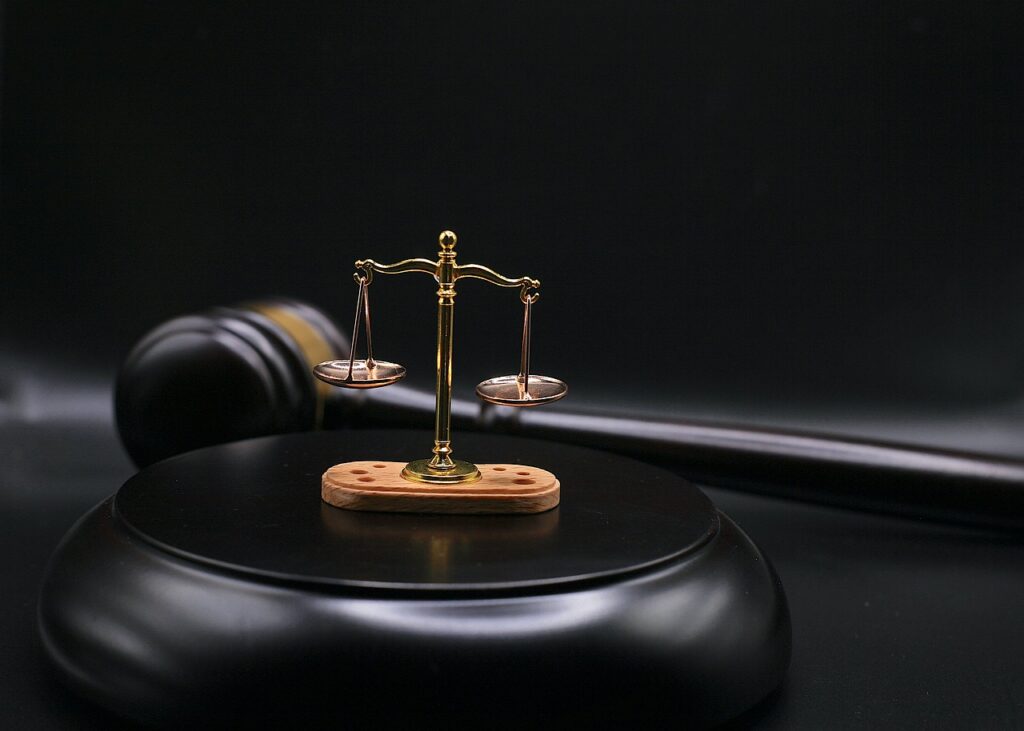Published On: 18th September, 2024
Authored By: Asmat Ayyoob
Jamia Millia Islamia
INTRODUCTION
Arbitration has become a popular technique of settling conflicts, particularly in the business world, due to its apparent efficiency and finality. Arbitration awards, however, may be susceptible to court scrutiny. The scope and grounds for court intervention in arbitration verdicts are crucial for striking a balance between arbitration’s autonomy and the requirement for monitoring to maintain fairness and legality. This article discusses judicial review of arbitration awards, focusing on the concepts, legal frameworks, and scope of court action.
PRINCIPLES OF JUDICIAL REVIEW IN ARBITRATION
The principles underpinning judicial review of arbitration awards include:
- Finality and Autonomy:
Courts are generally reluctant to interfere with arbitration awards to preserve the autonomy and finality of the arbitration process. This principle is crucial for maintaining the efficacy of arbitration as a preferred dispute resolution method.
- Fairness and Legality:
Courts intervene to ensure that arbitration proceedings and awards adhere to principles of fairness and legality. This intervention is essential to prevent miscarriages of justice and uphold the rule of law.
- Public Policy:
Arbitration awards that contravene public policy can be set aside by courts. This principle serves as a safeguard against awards that violate fundamental legal principles or societal values.
LEGAL FRAMEWORK FOR JUDICIAL REVIEW
The legal framework governing judicial review of arbitration awards varies across jurisdictions but generally follows international conventions and national legislation. Two primary legal instruments provide a basis for judicial review:
- The New York Convention (1958):
The Convention on the Recognition and Enforcement of Foreign Arbitral rulings establishes a framework for the recognition and enforcement of arbitration rulings in signatory countries. Article V of the Convention defines reasons for withholding recognition and enforcement, such as questions of public policy, procedural fairness, and the legitimacy of the arbitration agreement. [1]
- UNCITRAL Model Law (1985, amended 2006):
The United Nations Commission on International Trade Law’s (UNCITRAL) Model Law on International Commercial Arbitration acts as a model for national arbitration legislation. It outlines the reasons for overturning an arbitration ruling, such as lack of jurisdiction, procedural errors, and public policy concerns[2].
EXTENT OF COURT INTERVENTION
Court intervention in arbitration awards is generally limited to specific grounds to uphold the integrity and efficiency of the arbitration process. The extent of intervention can be categorized as follows:
- Procedural Irregularities:
Courts may intervene if there are major procedural flaws that jeopardize the impartiality of the arbitration procedure. This covers difficulties such as inadequate notice to parties, incapacity to make a case, and violations of due process.
- Excess of Authority:
Courts scrutinize arbitration rulings to verify that the arbitrators did not exceed their jurisdiction. This involves ensuring that the arbitrators’ conclusions are within the limits of the arbitration agreement and the matters presented for arbitration.
- Public Policy Violations: Courts can overturn or refuse to enforce arbitration rulings that contravene public policy. This basis is frequently used when an award is found to be contradictory to basic legal principles or cultural values.
- Ability of arbitration: Courts may consider whether the subject matter of the dispute is arbitrable. Certain issues, such as criminal proceedings or family law conflicts, are usually not amenable to arbitration.
GROUNDS FOR SETTING ASIDE ARBITRATION AWARDS
The grounds for setting aside arbitration awards are generally outlined in national legislation and international conventions. Key grounds include:
Invalid Arbitration Agreement:
If the arbitration agreement is found to be invalid or non-existent, courts can set aside the arbitration award. This includes situations where the agreement was made under duress, fraud, or where the subject matter is not capable of settlement by arbitration under the law.
Lack of Jurisdiction:
If the arbitration agreement is determined to be invalid or non-existent, courts have the authority to overturn the arbitral result. This includes cases in which the agreement was reached under duress or deception, or when the subject matter cannot be settled by arbitration under the law.
Serious Procedural Irregularities:
Significant procedural flaws that jeopardize the impartiality of the arbitration process might result in the annulment of a decision. Examples include inadequate notice to parties, a lack of chance to submit a case, and biased arbitrators.
Public Policy:
Courts can overturn judgments that violate public policy. This premise is frequently construed narrowly to prevent misuse and preserve the integrity of arbitration. However, it provides an important check against rewards that are inherently unfair or illegitimate.
Comparative Jurisprudence
Different jurisdictions have varying approaches to judicial review of arbitration awards. This section compares the approaches of major arbitration hubs, including the United States, the United Kingdom, and France.
- United States: The Federal Arbitration Act (FAA) oversees arbitration in the United States. Under the FAA, grounds for overturning an arbitration ruling include fraud, arbitrator misconduct, and exceeding authority. United States courts typically maintain the finality of arbitration rulings, with minimal interference. [3]
- United Kingdom: The Arbitration Act 1996 established the legal foundation for arbitration in the United Kingdom. Section 68 of the Act specifies grounds for contesting an award, such as substantial anomalies involving the tribunal, the processes, or the award itself. UK courts reconcile the necessity for finality with the demand of procedural fairness.[4]
- France: French law is noted for being pro-arbitration. The French Code of Civil Procedure lists just a few reasons for overturning an award, including public policy, lack of jurisdiction, and substantial procedural flaws. French courts usually encourage arbitration and intervene only in extraordinary circumstances[5].
Conclusion
Judicial review of arbitration awards is a complex area of law that seeks to balance the autonomy and finality of arbitration with the need for oversight to ensure fairness and legality. Courts intervene on specific grounds, including procedural irregularities, excess of authority, public policy violations, and issues of ability of arbitration. The legal frameworks provided by international conventions like the New York Convention and the UNCITRAL Model Law guide national legislation and judicial practice. Comparative jurisprudence reveals varying approaches across jurisdictions, reflecting different legal traditions and policy considerations. Ultimately, the extent and grounds of court intervention are crucial for maintaining the legitimacy and efficacy of arbitration as a dispute resolution mechanism.
References
[1] New York Convention, Article V allows for refusal of recognition and enforcement on specific grounds such as public policy and procedural fairness.
[2] . UNCITRAL Model Law, Articles 34 and 36, outline the grounds for setting aside and refusing enforcement of arbitration awards.
[3] Federal Arbitration Act (FAA), 9 U.S.C. §§ 10-11, provides grounds for vacating and modifying arbitration awards in the United States
[4] Arbitration Act 1996, Section 68, specifies grounds for challenging an arbitration award in the United Kingdom
[5] . French Code of Civil Procedure, Articles 1504-1527, delineates the grounds for setting aside arbitration awards in France




